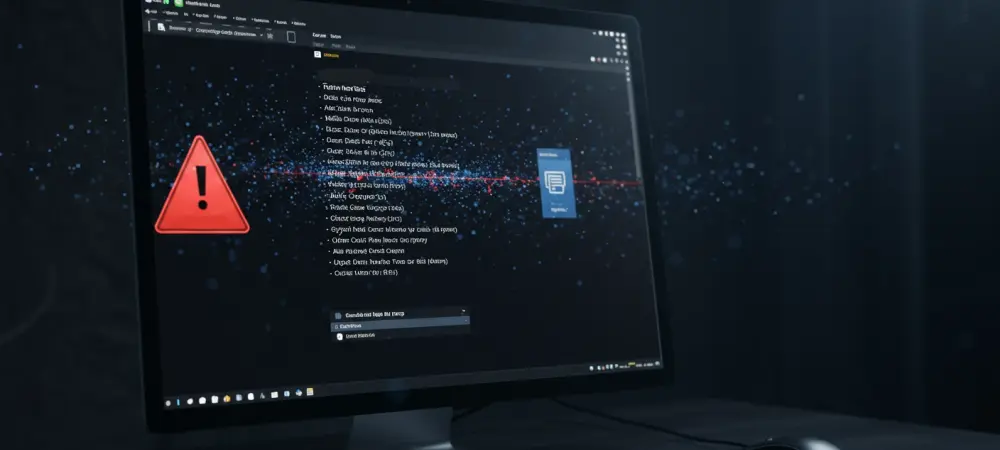In a chilling reminder of the ever-looming threats in the digital realm, a critical zero-day vulnerability in WinRAR, a popular file compression tool used by millions worldwide, has been uncovered and actively exploited by a notorious Russia-aligned cyber group known as RomCom. Tracked under the identifier CVE-2025-8088, this path traversal flaw allows malicious actors to embed harmful files within seemingly innocuous archives, which then execute silently upon extraction. Discovered by vigilant researchers, the vulnerability impacts several components of WinRAR, including its Windows command-line utilities and portable source code. A patch was promptly issued on July 30, just a day after the issue was reported to the development team. This swift response highlights the urgency of the threat, and users are strongly advised to update their software immediately to prevent potential breaches. The incident underscores the persistent danger posed by sophisticated cyber adversaries who exploit unknown flaws to infiltrate systems.
Unveiling the Attack Tactics
The exploitation of this WinRAR flaw by RomCom reveals a meticulously crafted attack strategy designed to bypass conventional defenses. Attackers create deceptive archives that conceal malicious DLLs and LNK files, which are surreptitiously placed into critical system directories during extraction, enabling persistence and unauthorized code execution. Between July 18 and 21, RomCom launched a spear-phishing campaign targeting key industries such as finance, manufacturing, defense, and logistics across Europe and Canada. Disguised as job applications, these phishing emails carried RAR file attachments to distribute the exploit. While no successful compromises were reported during this specific wave, the potential for significant damage remains alarmingly high. The group employed multiple attack chains, including a Mythic agent for DLL execution via COM hijacking, a SnipBot variant through a modified executable, and a Rust-based downloader fetching additional payloads. These tactics incorporated advanced anti-analysis techniques to evade detection, showcasing the group’s technical prowess.
A Pattern of Persistent Threats
RomCom’s exploitation of this zero-day flaw is not an isolated incident but part of a broader pattern of leveraging unknown vulnerabilities to achieve their dual objectives of financial gain and espionage. Known by various aliases such as Storm-0978 and Tropical Scorpius, the group has a documented history of targeting high-value sectors with previously undisclosed flaws, including notable exploits in widely used software over recent years. Their operations often blend cybercrime with state-aligned espionage, creating a complex threat landscape. Alarmingly, shortly after RomCom’s campaign, an unidentified threat actor also began exploiting the same WinRAR vulnerability, demonstrating how quickly such flaws can proliferate among malicious entities. The rapid patch release by the WinRAR team was a critical step in curbing the exposure, but the incident served as a stark reminder of the need for constant vigilance. Organizations must prioritize timely updates and bolster defenses against spear-phishing tactics to mitigate the risks posed by such advanced persistent threats moving forward.

